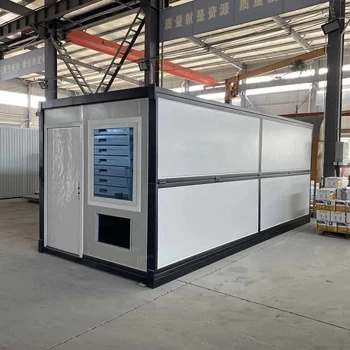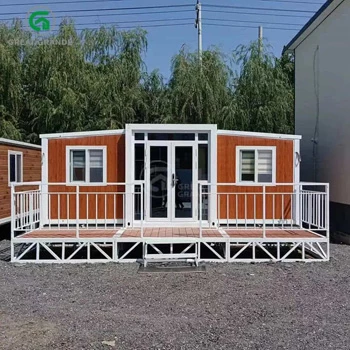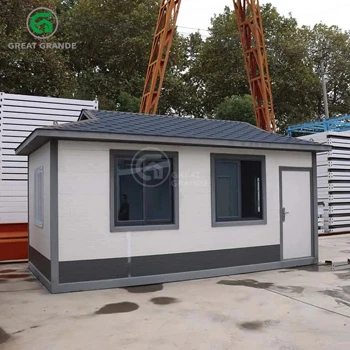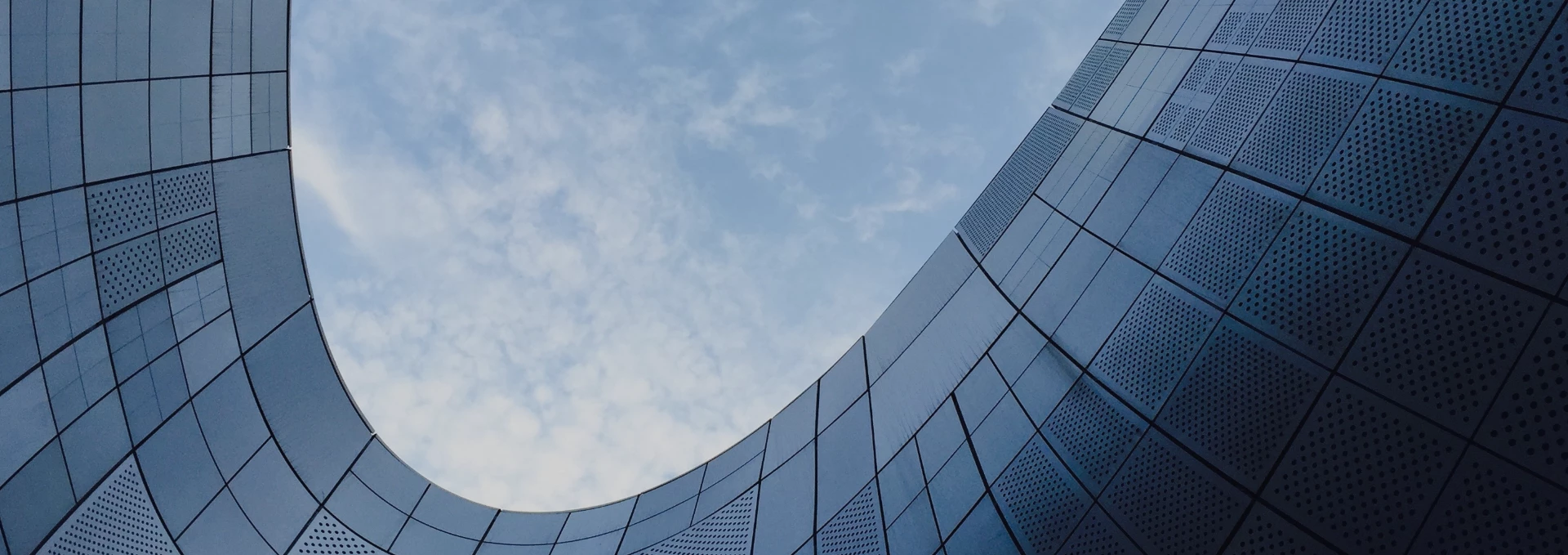Foldable House Factory by Grande Modular Housing (Anhui) Co., Ltd. offers portable, sustainable, and affordable housing solutions, revolutionizing modern living. Join us in shaping the future of housing!
The Advantages of Foldable Houses
- Affordability:
Foldable houses significantly reduce construction costs compared to traditional methods. They can be mass-produced in factories, leading to economies of scale. Moreover, foldable houses require minimal labor during assembly, further reducing expenses.
- Sustainability:
Foldable houses minimize environmental impact during construction and use. They often utilize sustainable materials and are designed to optimize energy efficiency. The factory-based production process reduces waste compared to traditional site-built homes.
- Versatility:
Foldable houses offer unparalleled versatility. They can be easily transported and assembled in various locations, making them ideal for disaster relief, temporary housing, and even vacation homes. Additionally, foldable houses can be customized to meet specific needs, including size, layout, and features.

Professional Knowledge
- Manufacturing Processes:
Foldable houses are typically constructed using lightweight materials such as steel or aluminum. The production process involves folding and unfolding these materials into the desired shape, ensuring strength and portability.
- Assembly Techniques:
Assembly is a crucial aspect of foldable house construction. Skilled professionals use specialized tools and techniques to ensure structural integrity and durability. Proper assembly techniques guarantee a seamless and secure living space.
- Building Codes and Regulations:
Foldable houses must adhere to local building codes and regulations. Therefore, close collaboration between manufacturers and building authorities is essential to ensure compliance and safety.
Tips and Suggestions
- Consider Your Needs:
Identify your specific requirements regarding size, layout, and features to determine the most suitable foldable house for your needs.
- Research Manufacturers:
Thoroughly research different manufacturers to compare quality, pricing, and customer service. Visit factories and inspect sample houses to make an informed decision.
- Environmental Impact:
Choose a foldable house that incorporates sustainable materials and practices to minimize environmental impact. Consider features such as energy-efficient appliances and waste management systems.
The Future of Foldable House Factories
The foldable house factory industry is poised for rapid growth in the coming years. By 2025, it is projected to reach a market value of over $30 billion. This growth is driven by rising demand for affordable, sustainable, and versatile housing solutions.
Case Studies
- Hurricane-Resistant Homes:
In the aftermath of Hurricane Katrina, foldable houses were deployed in affected areas to provide safe and immediate shelter to displaced families. The houses withstood high winds and flooding, demonstrating their resilience in disaster situations.
- Remote Communities:
Foldable houses have played a vital role in providing housing in remote areas with limited access to traditional construction methods. These houses can be easily transported and assembled, enabling individuals and families to establish homes in challenging locations.
- Temporary Housing:
Foldable houses offer a cost-effective and efficient solution for temporary housing needs. They can be set up quickly, providing shelter for construction workers, emergency responders, and those displaced by natural disasters.
The Benefits of Foldable House Factories
- Cost Savings:
Mass production in factories and reduced labor costs translate into significant savings for homeowners.
- Time-Efficiency:
The streamlined construction process allows for rapid delivery and assembly, saving valuable time.
- Environmental Sustainability:
Factory-based production minimizes waste and utilizes eco-friendly materials, reducing environmental impact.
- Flexibility and Versatility:
Foldable houses can be easily transported, customized, and assembled in various locations, offering unmatched versatility.
- Technological Advancements:
The industry is constantly evolving, with advancements in materials, design, and assembly techniques leading to improved quality and efficiency.
Conclusion
Foldable house factories are revolutionizing the construction industry, providing affordable, sustainable, and versatile housing solutions. By embracing this transformative technology, we can create a future where housing is accessible, eco-conscious, and adaptable to evolving needs.
Frequently Asked Questions
- How durable are foldable houses?
Foldable houses are designed to withstand various weather conditions and meet stringent building codes. They are constructed using durable materials and assembled by skilled professionals, ensuring structural integrity and longevity.
- Can foldable houses be customized?
Yes, foldable houses offer a wide range of customization options. Manufacturers can tailor the size, layout, and features to meet specific customer requirements. This flexibility allows for personalized living spaces that reflect individual preferences.
- What is the estimated lifespan of a foldable house?
The lifespan of a foldable house depends on various factors, including materials, maintenance, and environmental conditions. However, with proper care and maintenance, foldable houses can have a lifespan comparable to traditional homes, often exceeding 30 years.






